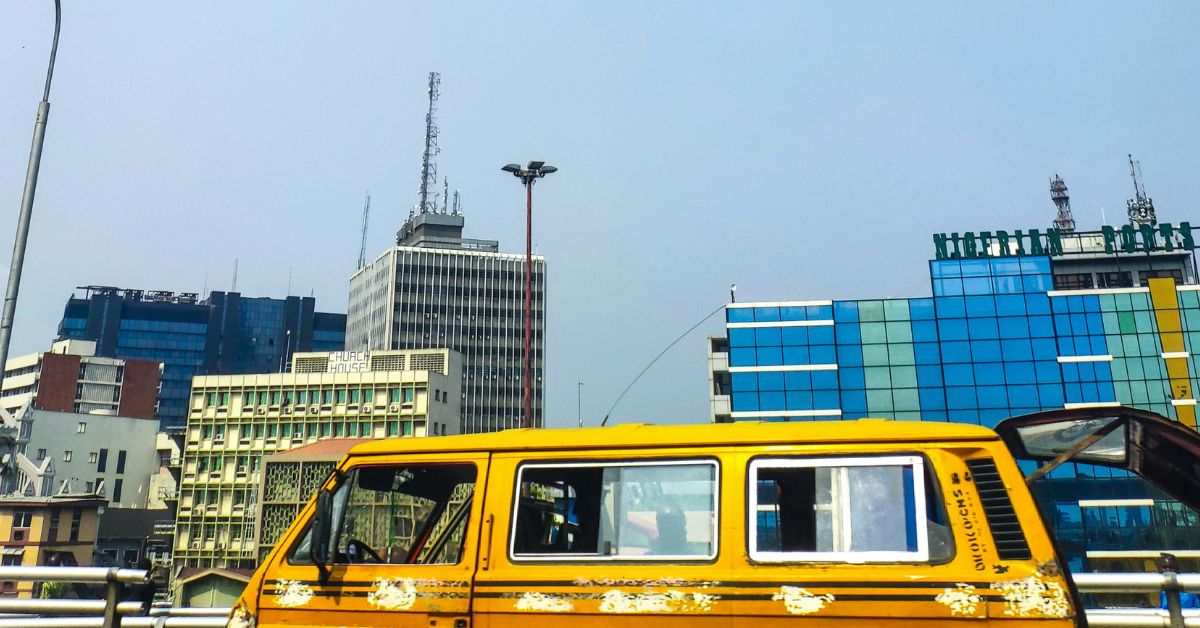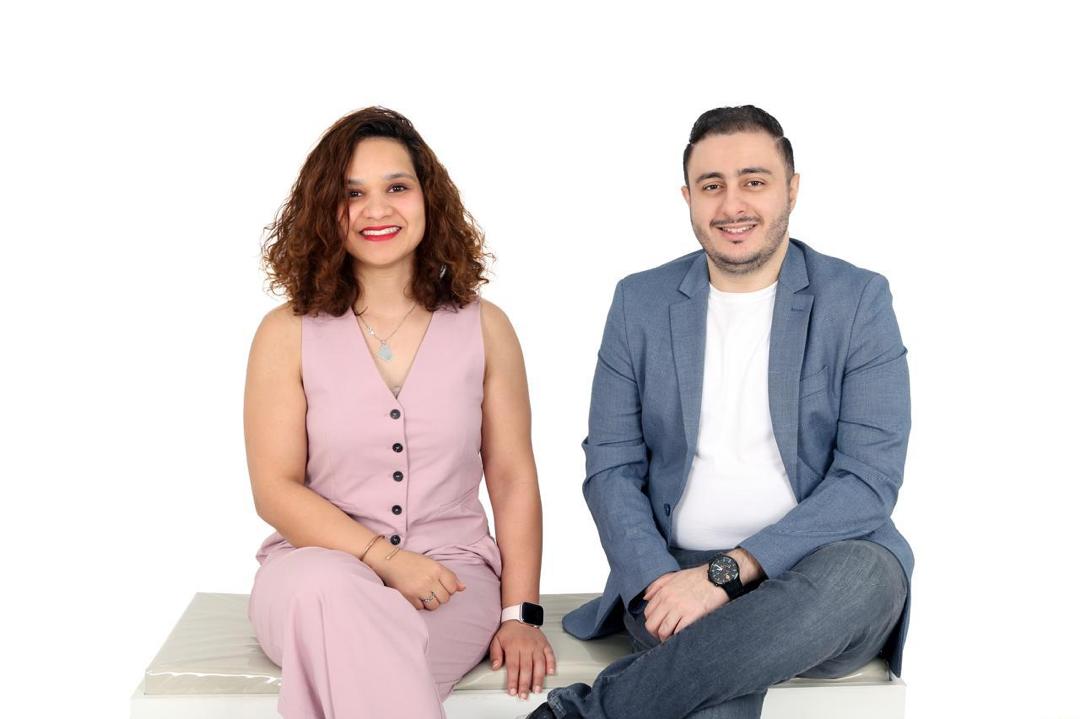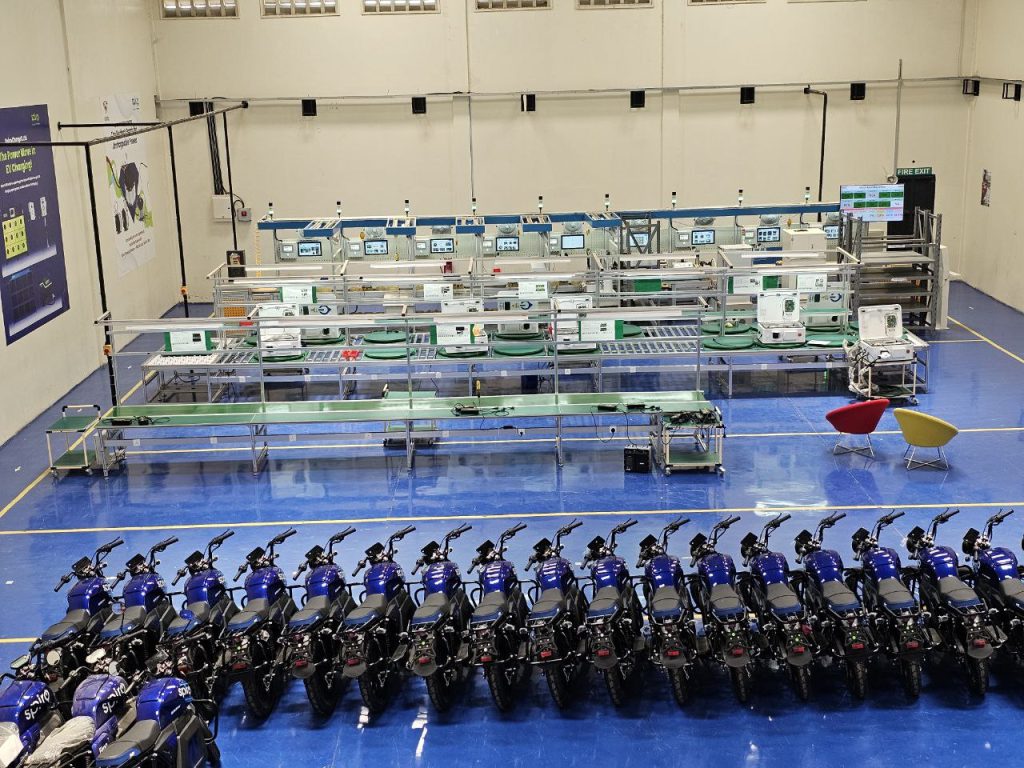Billion-dollar companies are not built by rich founders with shiny pitch decks. Bullish big-ticket announcements do not guarantee great leaps. And while capital remains a primary need globally, a stable startup in Africa must tame aggressive human and structural challenges.
There is no flawless template for success. But with his work at Andela and Flutterwave, Iyin Aboyeji inspired optimism for the ecosystem’s potential.
Both are portfolio companies of the Future Africa fund, a venture fund he’s formed to provide practical knowledge and funding for the continent’s next innovative ideas.
“The way to build profitable ventures is to solve biggest challenges,” says Olabinjo Adeniran, a Future Africa co-founder, to TechCabal. “Our investment philosophy is that by identifying and solving challenges we can build global companies.”
In his notes on the fund’s purpose, Aboyeji talks about the need to “build a just world where purpose and prosperity are within everyone’s reach.”
He’s posing an altruistic, almost philanthropic, view of venture funding. Future Africa ostensibly wishes to be seen as a business in the business of social impact.
That said, successful exit remains king in the investment world. So it would be naive to think Future Africa has put profit on the back burner.
But to Adeniran, building profitable companies and powering social good ventures are not mutually exclusive.
“Andela solves an unemployment problem and has become one of the biggest African technology companies.” MDaaS, a healthtech startup that raised $1million seed funding last June, is “providing affordable diagnostic services to people who otherwise had no access to these services,” he said.
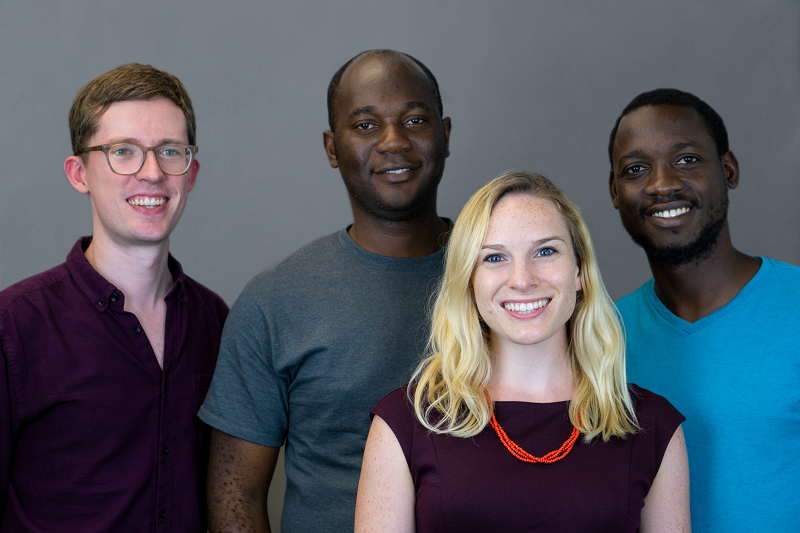
It provides a guide for understanding the kinds of ideas the Future Africa fund will be looking out for.
Every year, the fund will back twenty founders with up to $50,000 in equity funding. Where the right opportunity arises, Adeniran says they will exceed this upper limit.
That’s more money coming into African tech. But if there is strong belief that venture money isn’t Africa’s magic bullet to economic freedom, what’s the buzz about Future Africa’s foray into the field?
Money alone doesn’t build
We have seen the reports announcing a record fundraising year and those estimates were based on disclosed deals. It really is the best time to be dreaming up the next Piggyvest, or OPay.
For a maturing ecosystem however, other ingredients for successful company building are relatively in short supply.
“Capital is not the major need for an early-stage startup and especially at the seed stage,” says David Ogundeko, founder of Funema, a startup advisory firm.
Founders in other environments can afford to focus on their product. In Africa, product builders have to worry about infrastructure, and basic enablers like security.
To survive, most founders then tend to be entrapped in fundraising cycles, building a bubble for buoyancy as they scramble for ways to actually build the business.
Coaching and Community
But as the saying goes, capital has no insights. Ogundeko suggests that raising too early could “skew your data in terms of knowing the right drivers behind your unit economics.”
The consequence is that early-stage founders fixate on a startup-venture pipe instead of focusing on ways to make their business generate revenue.
It’s in every investor’s interest to see a portfolio company succeed.
Aboyeji says Future Africa will engage experienced founders, investors and operators to “share their practical wisdom on these issues through articles, webinars, videos and podcasts.”
More notable is his intention to facilitate early customer acquisition. That could make all the difference for early-stage founders, Ogundeko says, as it would normally take a year or two to access critical mass without such support.
Bamboo, a micro-investing platform in which Future Africa is invested, is currently getting exposure to wealth-conscious consumers thanks to Flutterwave.
Doors open to various sectors
Despite being where most of Africa’s tech activity is, fintech is not Future Africa’s sole focus.
They will invest by “developing a point of view about a market first then we invest,” Adeniran says.
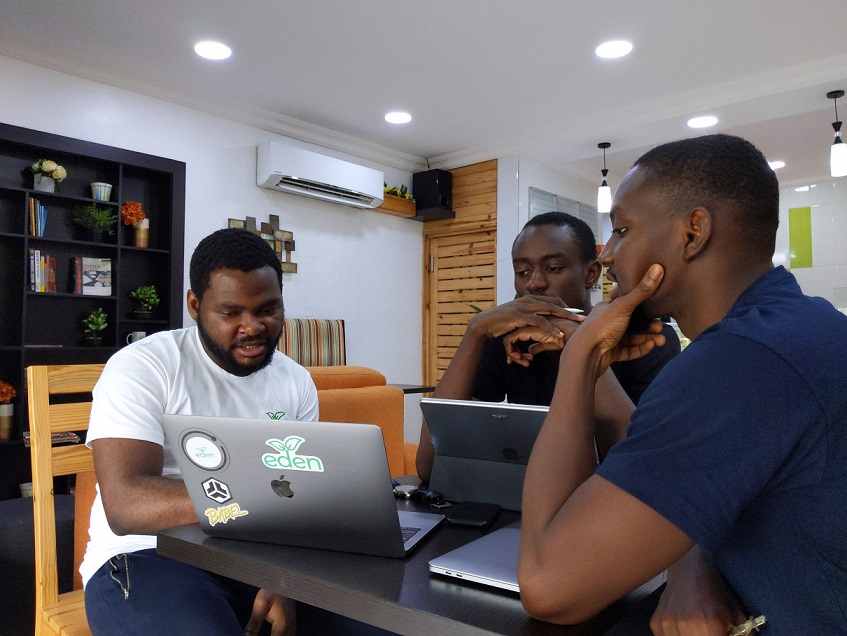
For example, their investment in Eden was spurred by the economic opportunities that become available when work productivity increases. Future Africa bet on 54Gene’s masterplan to build the largest genetic bank for Africa, with the potential groundbreaking developments that could come from drug research.
Market size is important though. “We consider potential to scale as a criterion for investments,” Adeniran confirms.
At the end of the day, Future Africa’s ambition to take good ideas that can make money and improve quality of life on a massive scale.
Startups that measure up to Future Africa’s standards stand to gain access to accelerators like YCombinator, Adeniran says. That opens a window to more funding and a broader business network.
It’s a similar value offering to what Microtraction proposes to potential portfolio companies. And given what we know about leveraging relationships for international expansion, there will be no shortage of startups looking to pitch product viability to Future Africa’s Investment Committee.
Disclosure: Big Cabal Media is a portfolio company of Future Africa













